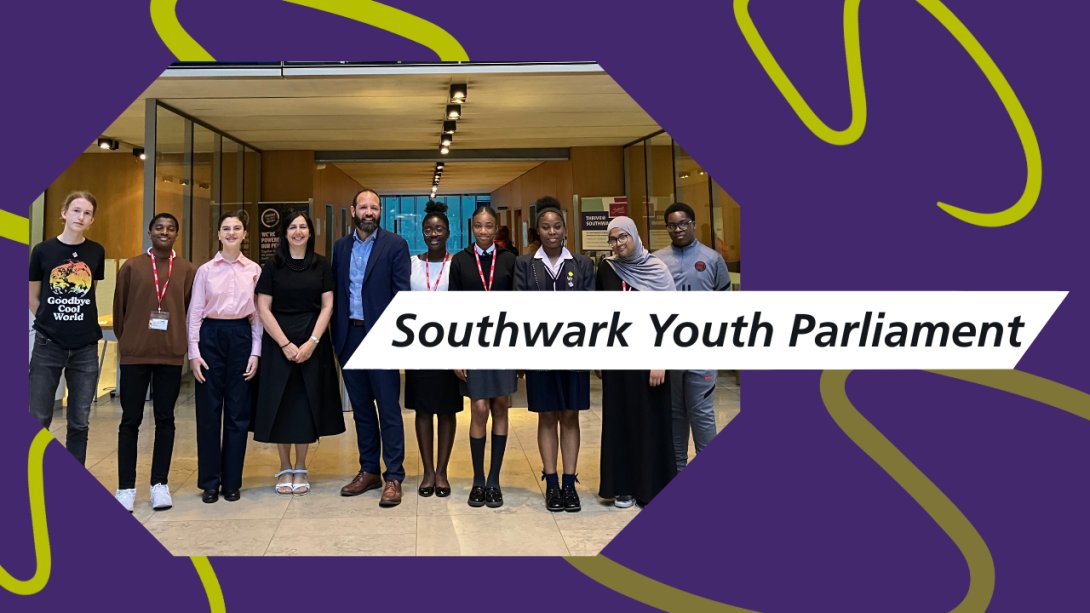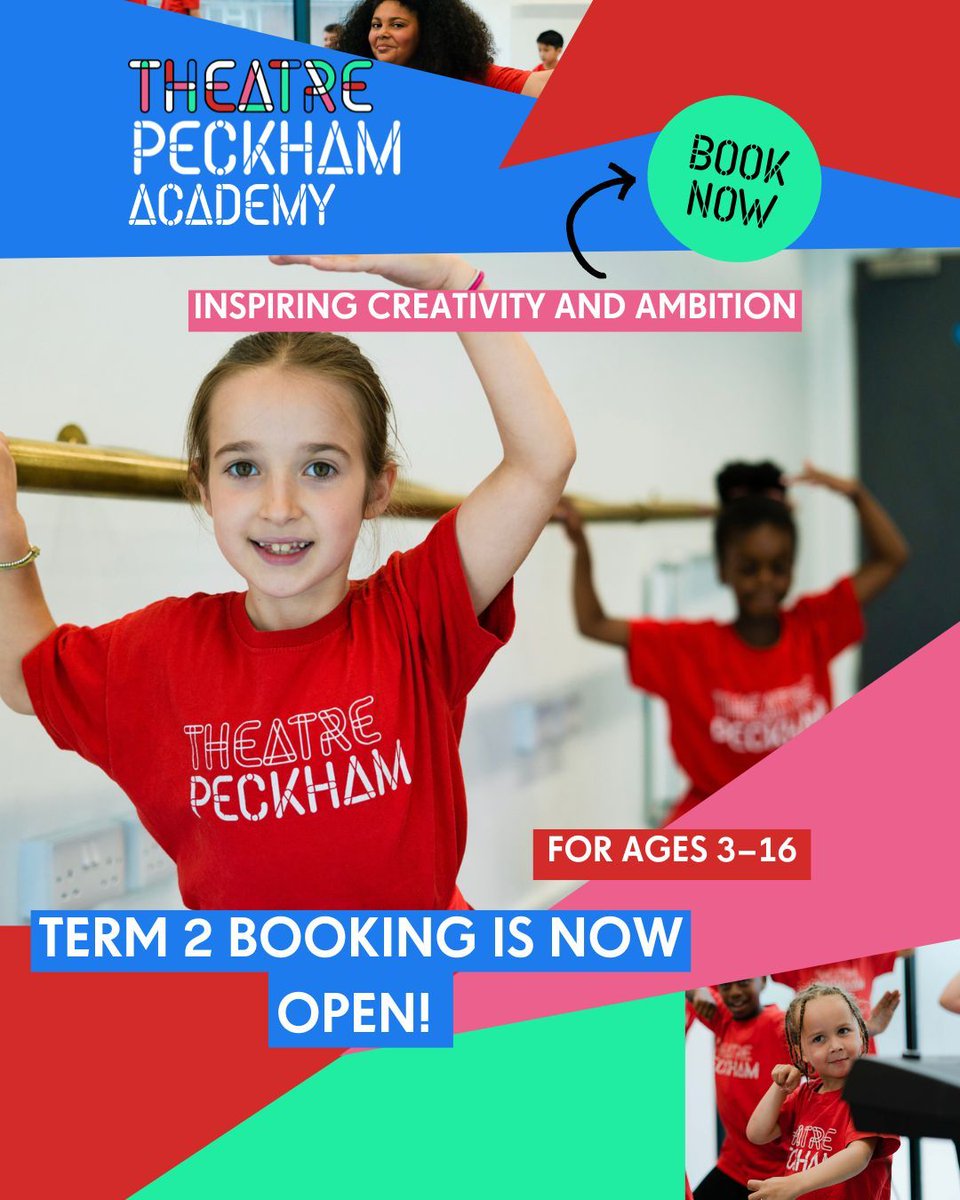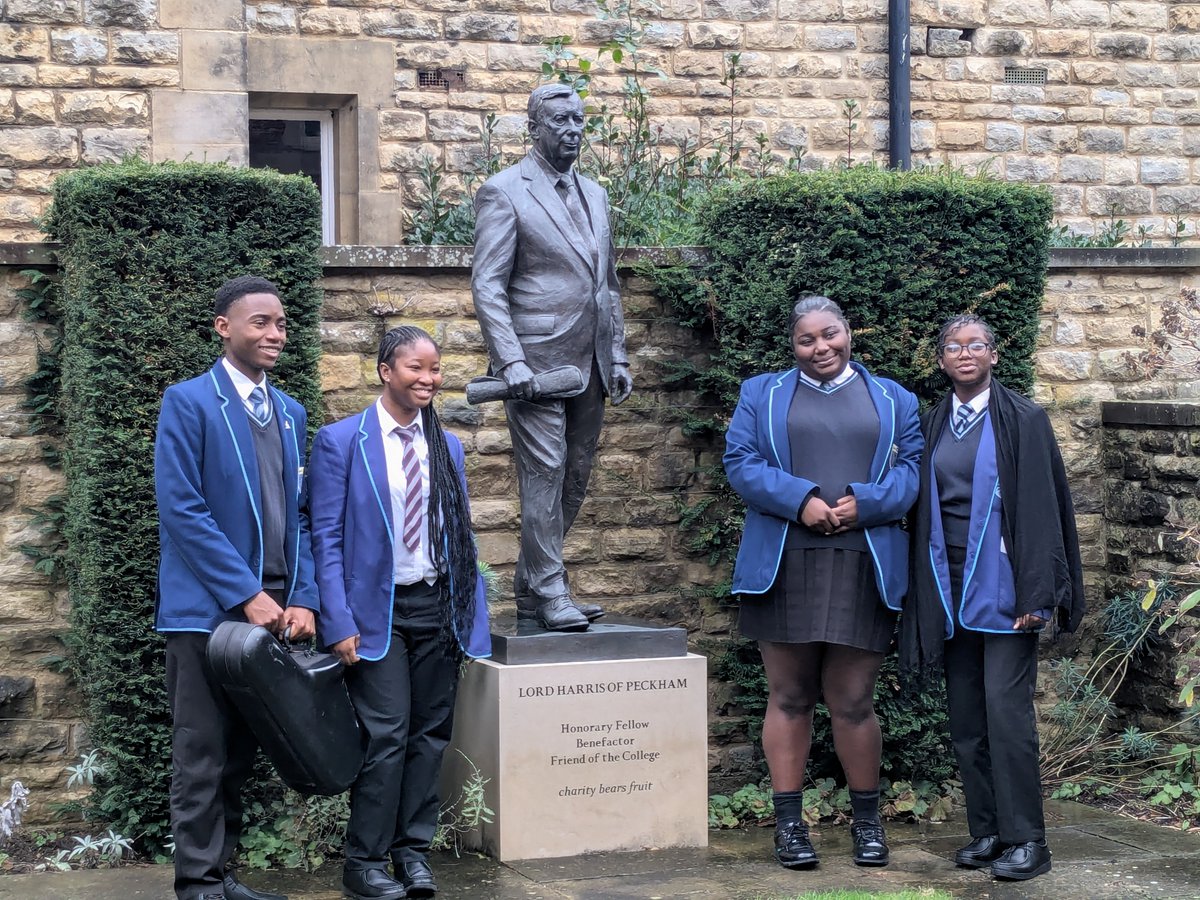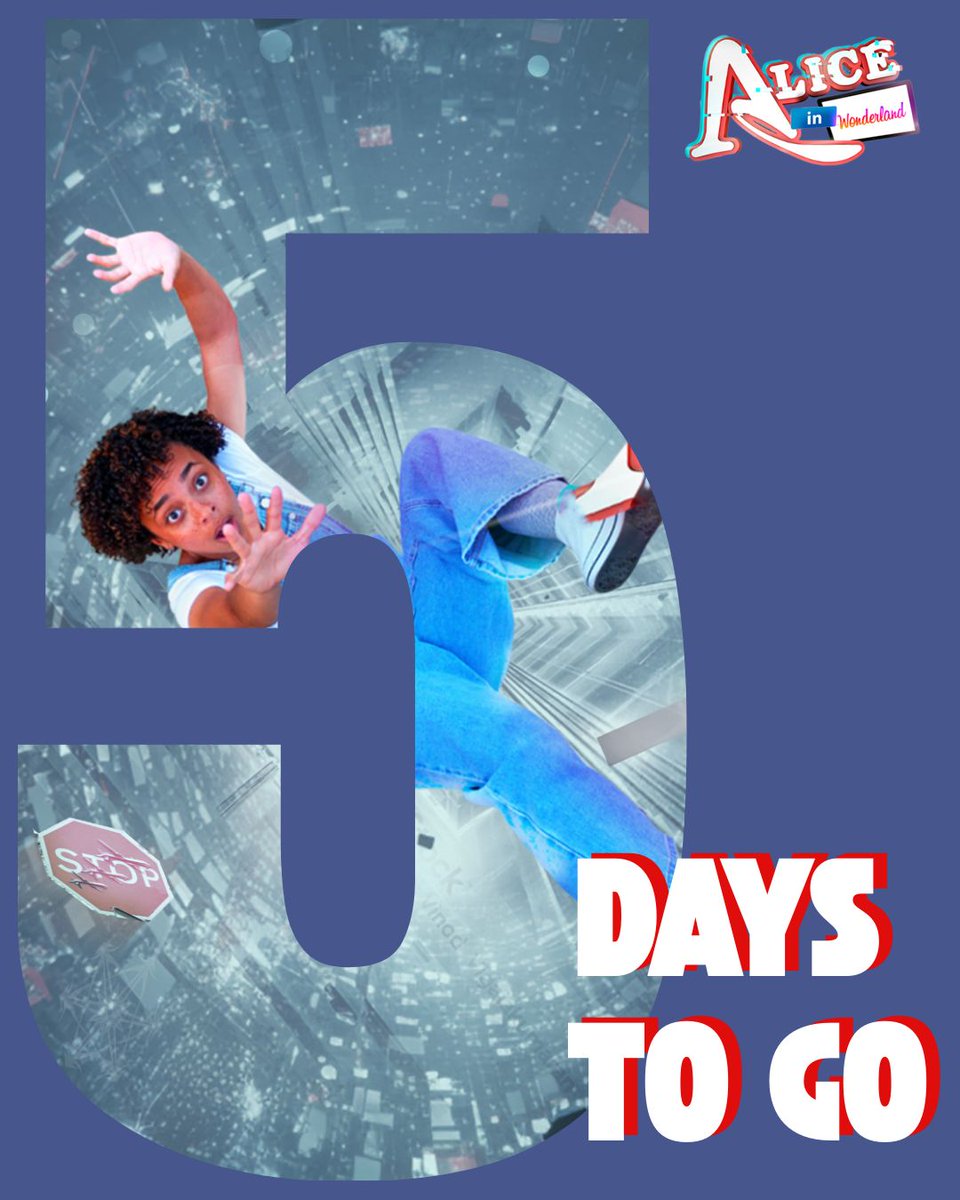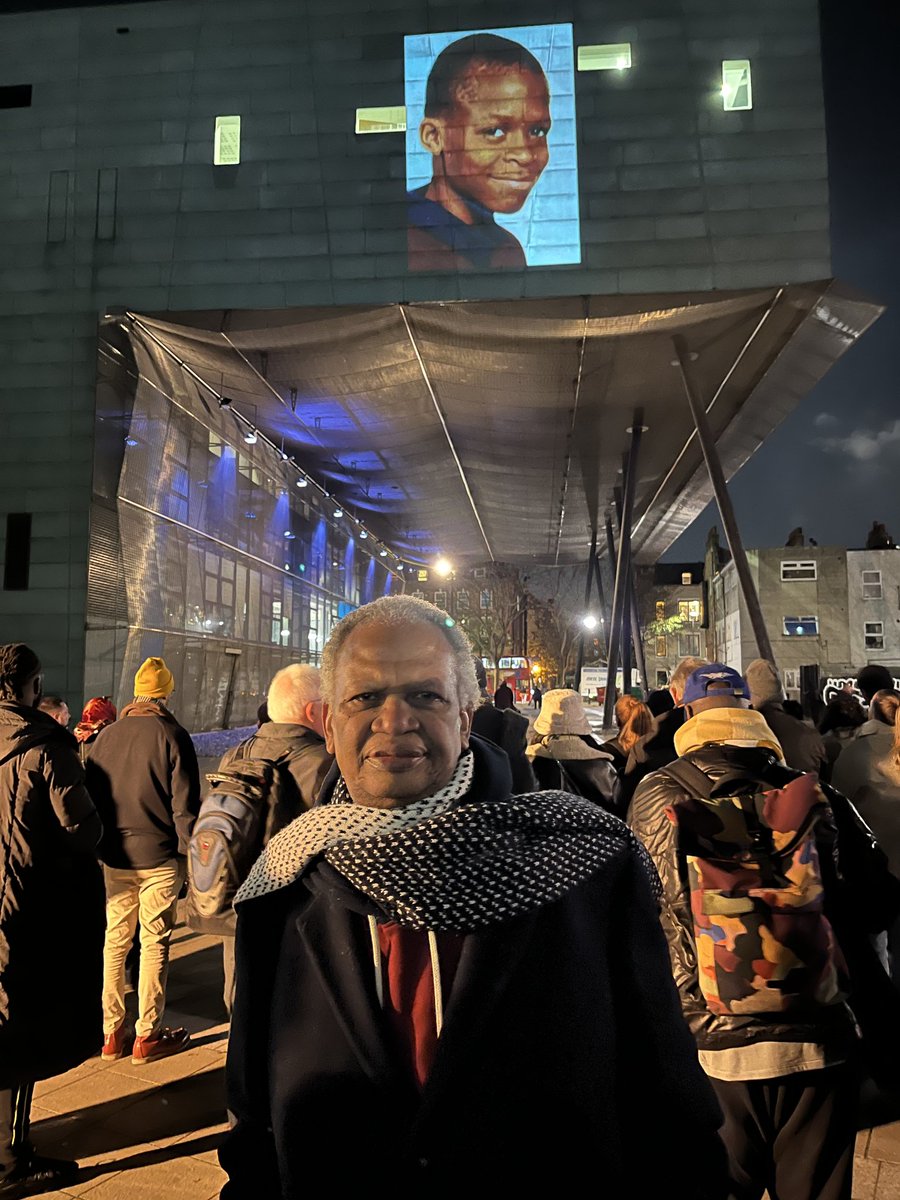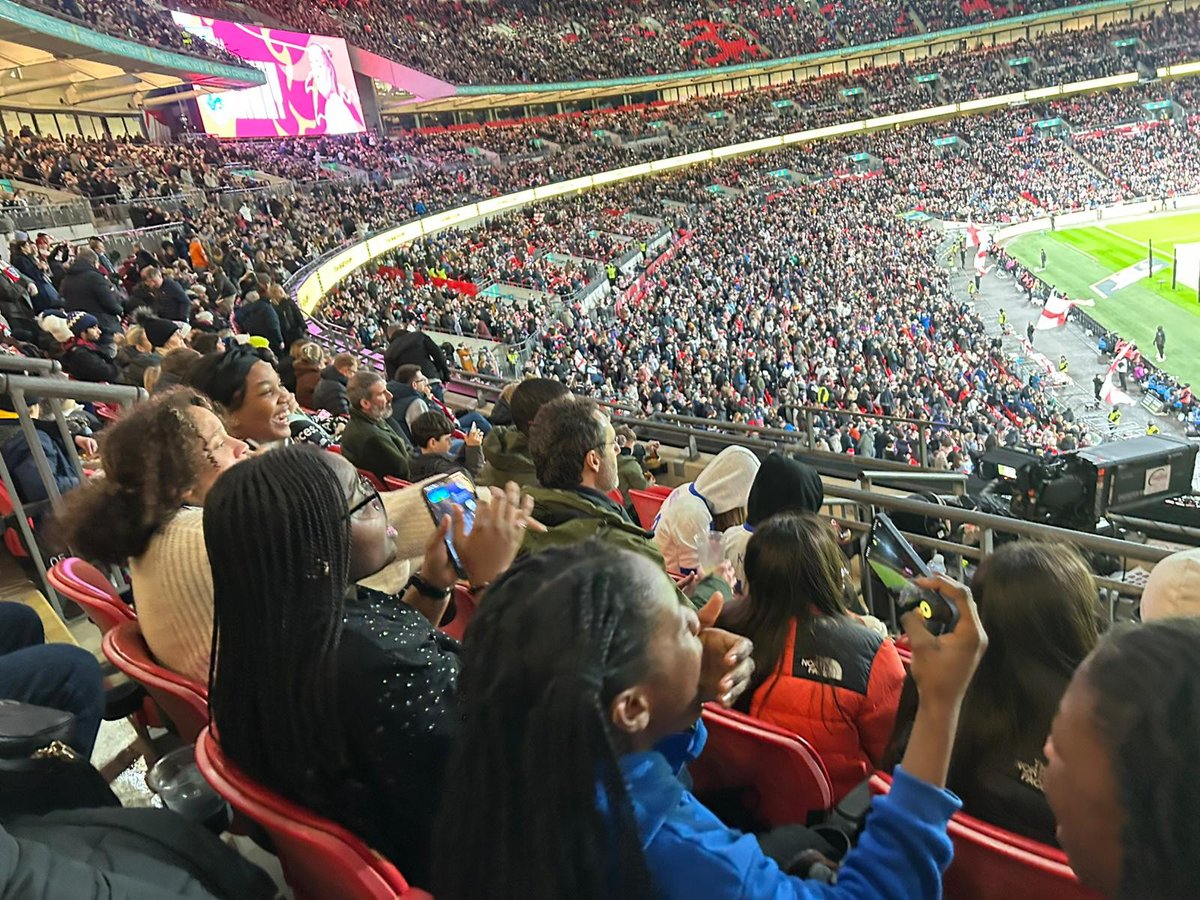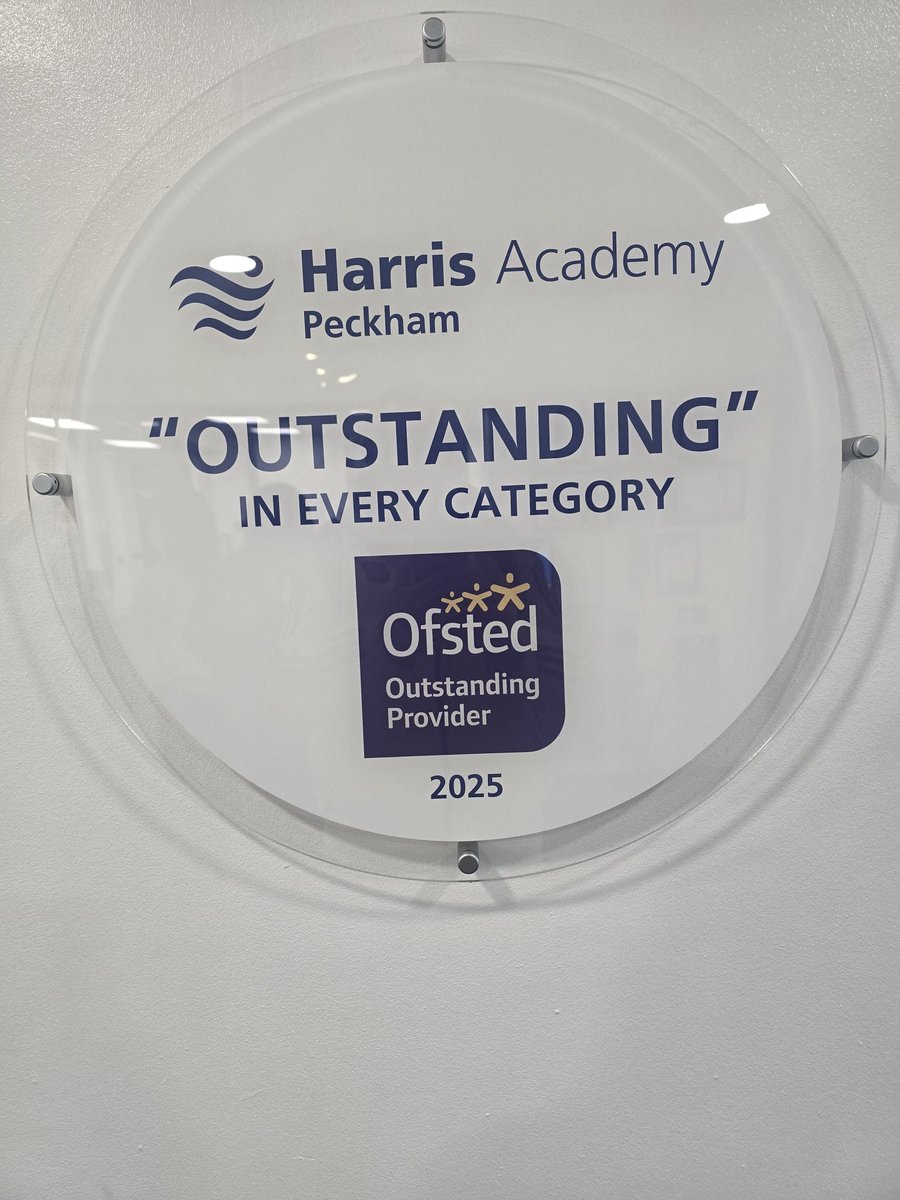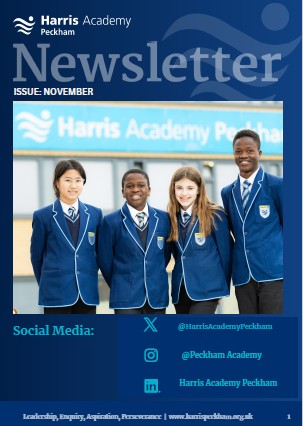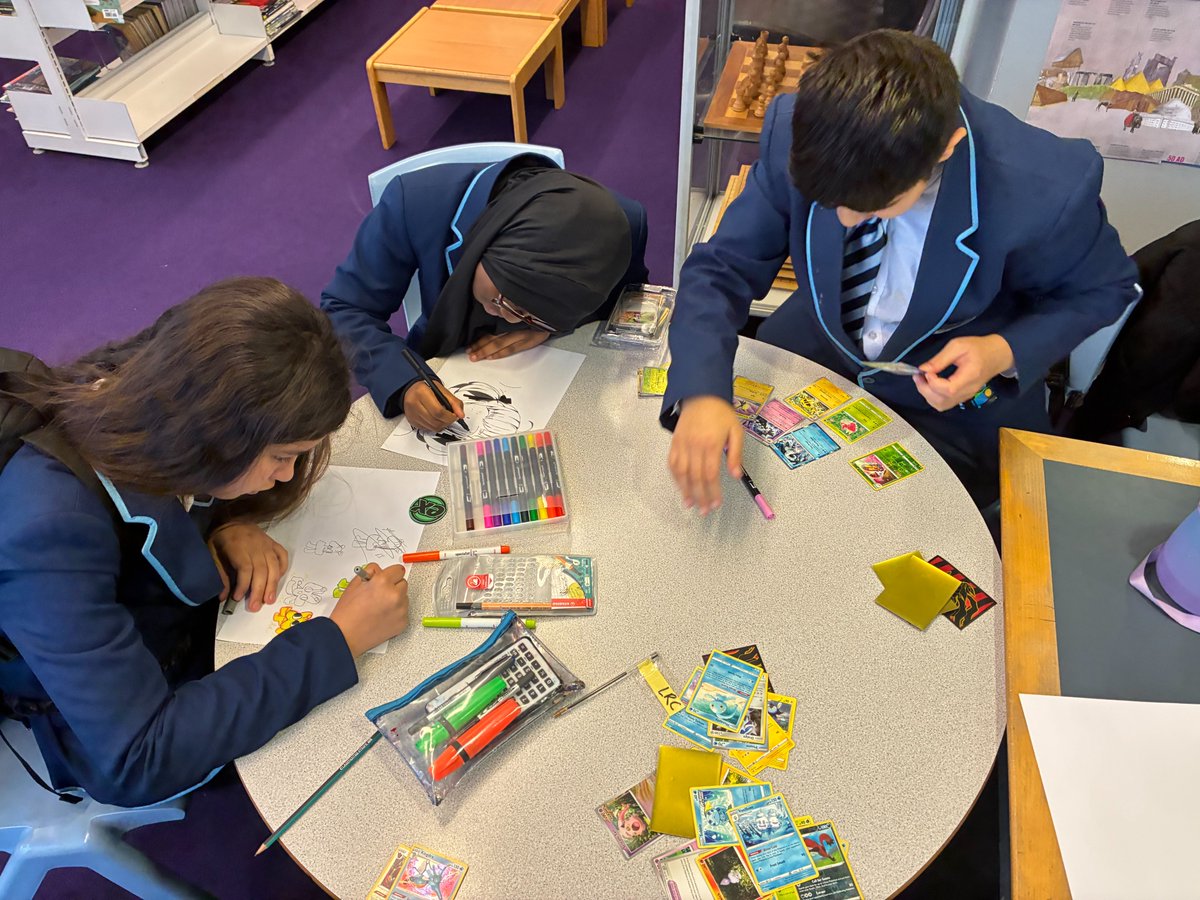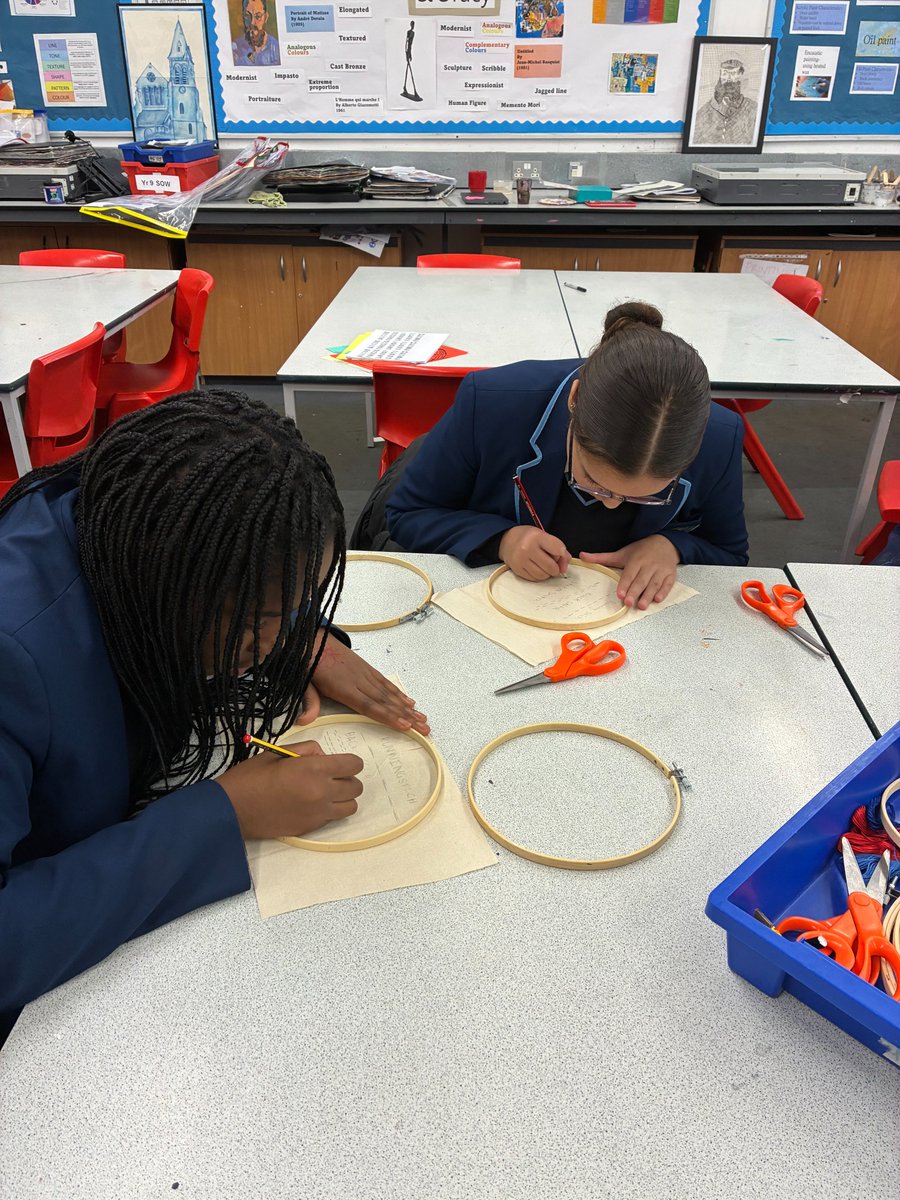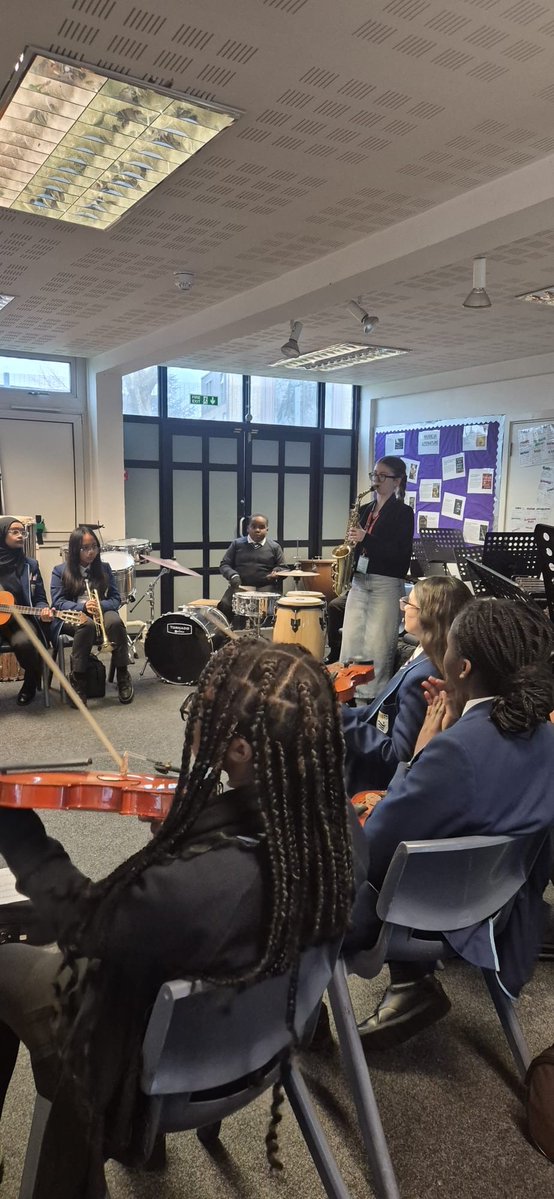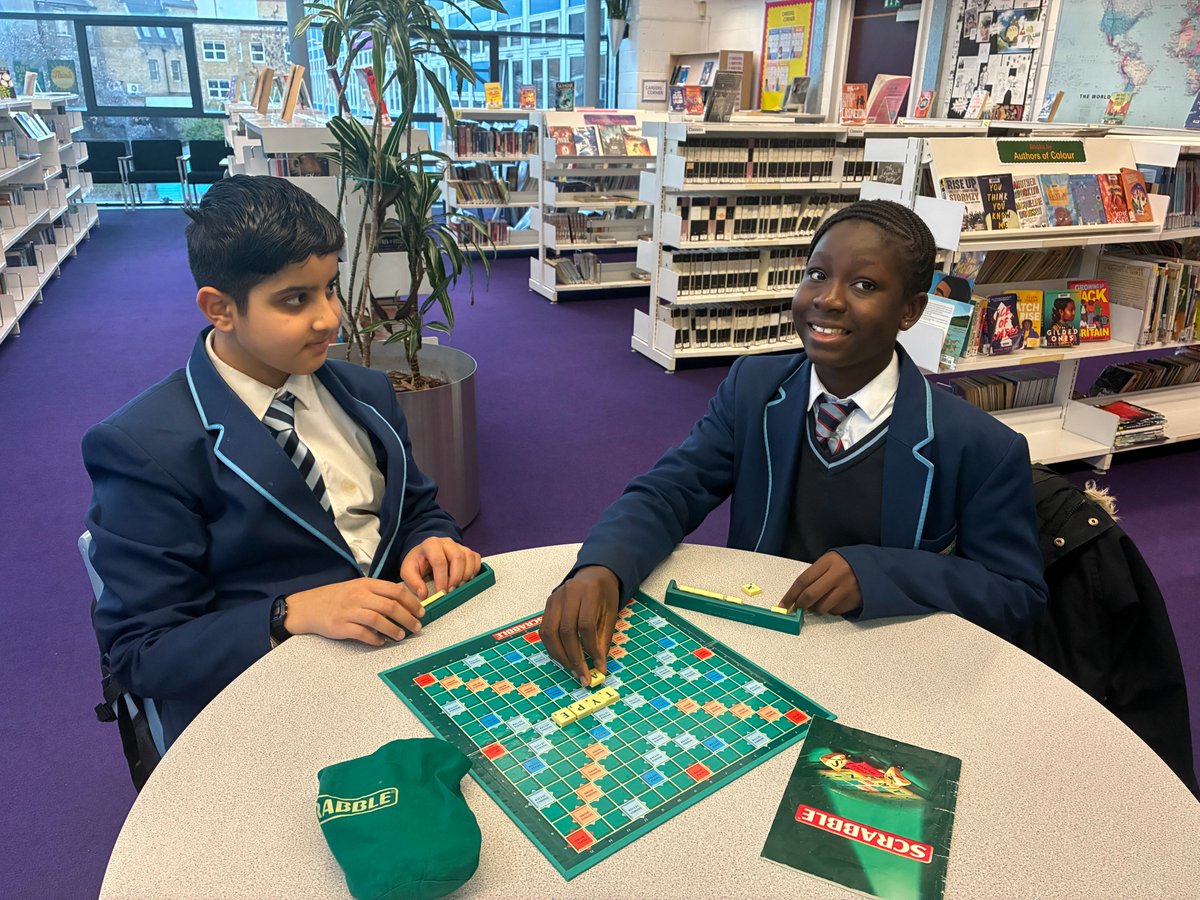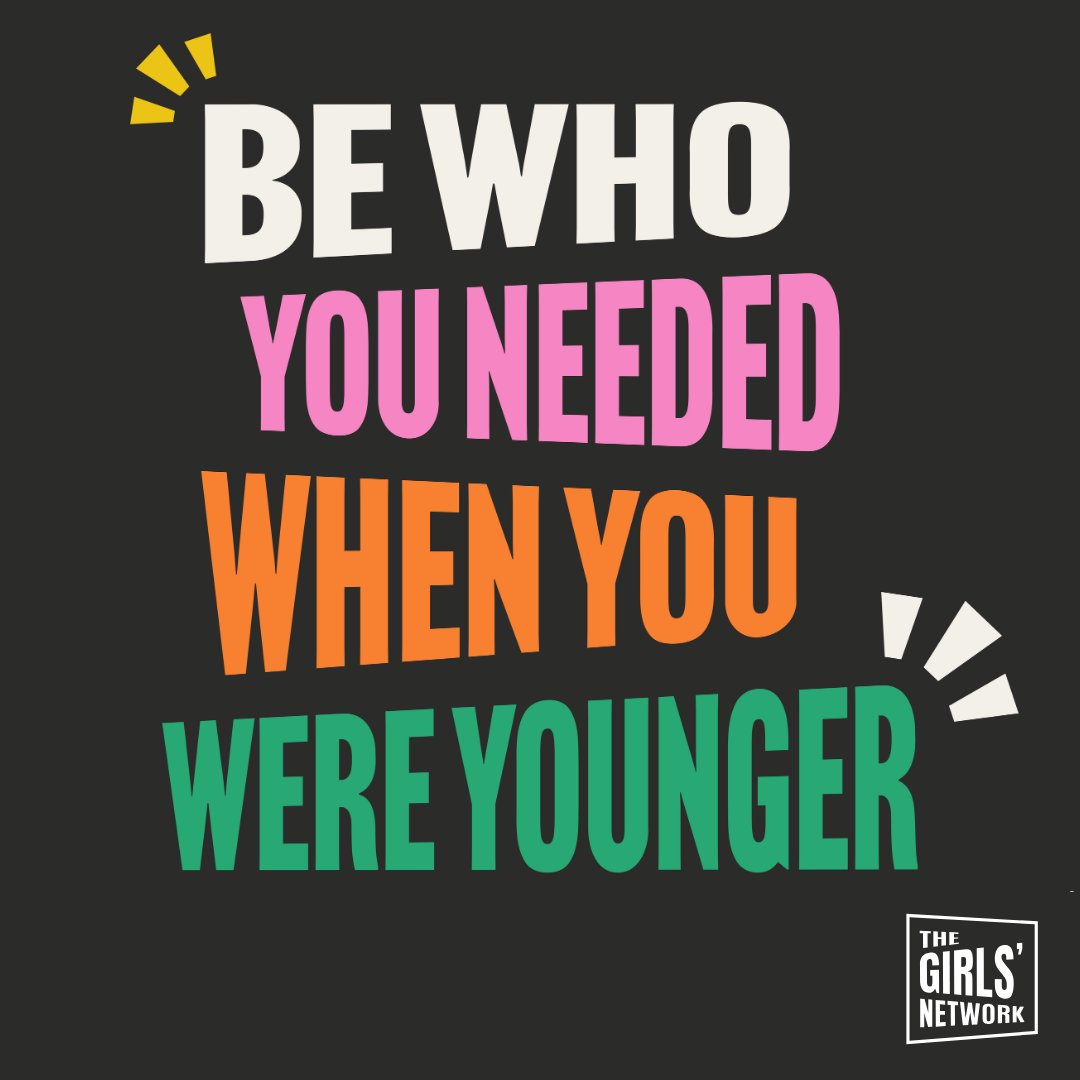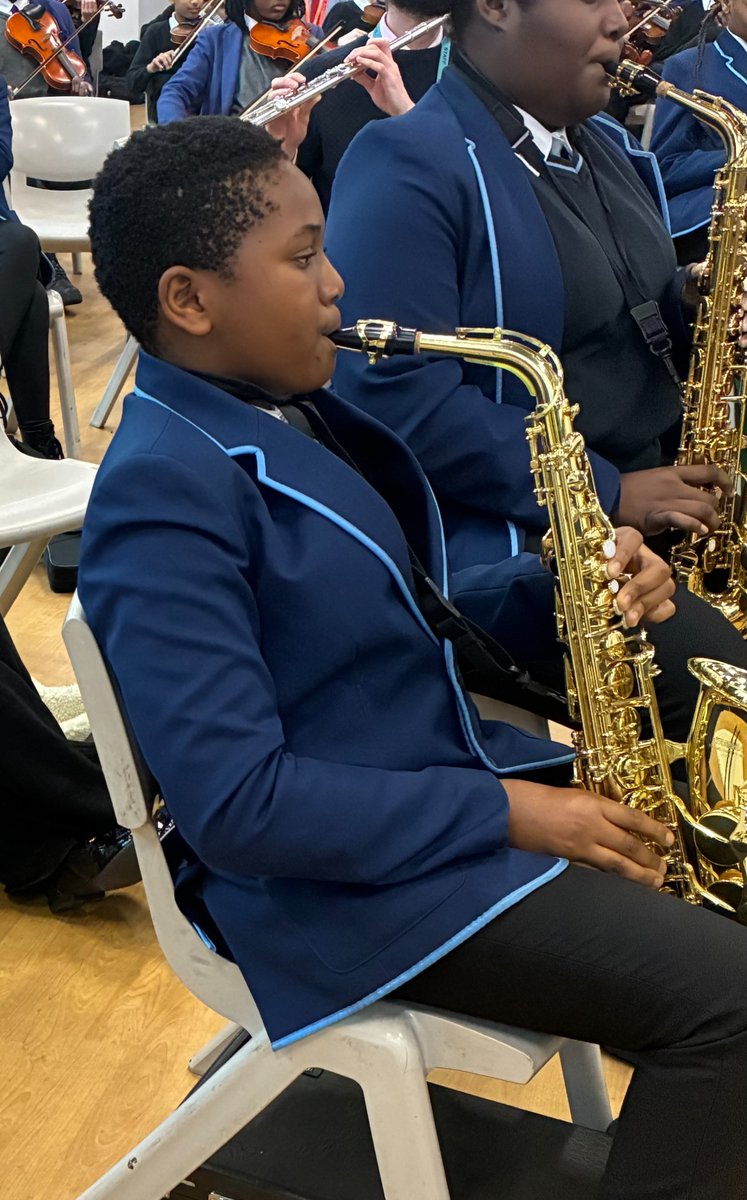404 Error: Page cannot be found
Page : https://www.harrispeckham.org.uk//248/subjects/subject/43/smsc-and-pshe
The page you were looking for cannot be found. It may have moved or been deleted.
05/12/25
We were delighted to welcome the families of our new Year 7 Kings Scholars! Excited to start this incredible journey together. #KingsScholars #Year7 #Community #Excellence pic.twitter.com/PRZXBgMHsT
follow us @peckhamacademy
04/12/25
Alice in Wonderland is opens TOMORROW! 🎩 Tickets are flying off the shelves so make sure to book yourself in soon. Alice in Wonderland | 5-23rd December#TheatrePeckham #Peckham #SE5 #LondonFamilies #FamilyTheatre #ChristmasInLondon #LondonTheatre #FestiveShow #panto pic.twitter.com/Zz31EHD9gh
follow us @peckhamacademy
04/12/25
Year 11 saxophonist Daniel got to play a set with internationally acclaimed jazz pianist Gwilym Simcock last night at @steinwayhalluk Thank you so much to @rtmusicuk for the opportunity and the privilege #ProudtobePeckham pic.twitter.com/goRh2ibdch
follow us @peckhamacademy
04/12/25
Make your voice heard, Join the Southwark Youth Parliament 🗣️ Aged 14-19 and live or study in #Southwark? You are invited to stand!💼 Apply by Friday 14 December, 11.59pm✅ Learn more and apply here ➡️ https://t.co/czZTZ7WapB@PeckhamAcademy @KingsdaleFS @NDSouthwark pic.twitter.com/r09YS3sd7e
follow us @peckhamacademy
01/12/25
ACADEMY TERM TWO BOOKING NOW OPEN Spaces get reserved fast so make sure to get booking! 🔗 Hit the link in bio to find out more.#TheatrePeckham #TPAcademy #SouthLondonTalent #ActingClassesCamberwell #DanceClassesLondon #YoungCreatives #KidsPerformingArts #Southwark pic.twitter.com/SKXCOAT4QY
follow us @peckhamacademy
01/12/25
Our amazing students showcased their talent by performing beautiful musical pieces at Harris Manchester College, Oxford! An unforgettable experience in such an inspiring setting. #MusicMatters #StudentSuccess #ProudtobePeckham @hmcoxford pic.twitter.com/Xe3uGtS3Kc
follow us @peckhamacademy
01/12/25
5 more days until Alice in Wonderland ❄️ Not long now until Alice in Wonderland is open to the public. Make sure to book in your tickets to avoid disappointment. Theatre Peckham. Empowering change through inclusive theatre. https://t.co/Pr0kXVz8NW#TheatrePeckham #Peckham #SE5 pic.twitter.com/U7FnyG1NPS
follow us @peckhamacademy
01/12/25
Come and explore our academy! Join us for a tour on Tuesday, 9 December at 9:15 AM. Discover what makes our Academy special! #SchoolTour #ProudtobePeckham pic.twitter.com/yCJ34lVYuX
follow us @peckhamacademy
01/12/25
After the anniversary comes the paradigm shift from pain. The heavenly birthday. A Day of Hope! We welcome @lb_southwark to @MountviewLDN where @PeckhamAcademy @HarrisEDB @HarrisGirlsED Are stars of the show #HopeInTheSquare pic.twitter.com/h8LsE8hzD5
follow us @peckhamacademy
01/12/25
Students had an amazing time at Wembley watching England vs China in the Women’s Football match! Incredible atmosphere and unforgettable experience! #Wembley #WomensFootball #EnglandVsChina #proudtobepeckham pic.twitter.com/3MILW48F6F
follow us @peckhamacademy
28/11/25
You can view our latest Newsletter here: https://t.co/mNhFhSFIIN pic.twitter.com/XlURDNHL1J
follow us @peckhamacademy
27/11/25
Students are loving the Manga Magic! Our Manga Enrichment Club is where creativity meets fun. From epic storylines to stunning art, every session is packed with excitement and imagination.#proudtobepeckham #MangaClub #AnimeVibes #CreativeCommunity pic.twitter.com/wXNri5h1sU
follow us @peckhamacademy
27/11/25
Creativity in every stitch! Our students are loving the Stitch & Sew Art Enrichment Club – a space to relax, create, and bring ideas to life. From bold patterns to delicate designs, every piece tells a story. #ArtEnrichment #StitchAndSew #StudentLife #proudtobepeckham pic.twitter.com/X68QcqSeDS
follow us @peckhamacademy
26/11/25
STEM Club students have been busy designing and building balloon-powered cars—and they proudly presented their creations! Creativity + science = amazing results! #STEMClub #InnovationInAction #ScienceIsFun #ProudtobePeckham pic.twitter.com/GgdlMzStTE
follow us @peckhamacademy
26/11/25
KS3 Music students have had an amazing time exploring Jazz music for the last three weeks with musicians from @tom_warriors exploring and experimenting with new ways of playing @HarrisFedMusic #proudtobepeckham pic.twitter.com/UCpemhzbTD
follow us @peckhamacademy
26/11/25
Students love the ever-popular Board Game Club!#BoardGameClub #StudentLife #GameOn #ProudtobePeckham pic.twitter.com/d2tQcelJUo
follow us @peckhamacademy
25/11/25
Principal’s Breakfast Superstars One of the highlights of my week as a Principal is celebrating our amazing students at the Principal’s Breakfast. These young people consistently demonstrate excellence, kindness, and leadership—qualities that make our Academy community thrive. pic.twitter.com/b5WbNemR1z
follow us @peckhamacademy
24/11/25
Help a girl believe in herself and her unlimited future! Become a mentor - no experience needed, just an hour a month of your time. Find out more at our online info session Thu 27 Nov, 12:30pm . Sign up now: https://t.co/CJZ1jOeu88 pic.twitter.com/oC2btWTBLU
follow us @peckhamacademy
20/11/25
It was a pleasure to host the MiSST Play Date at HAP! Young musicians from several schools came together, shared their passion, and created beautiful music. Moments like these remind us of the power of collaboration and creativity.#proudtobepeckham #MakingMusicTogether pic.twitter.com/RosUXd5OyZ
follow us @peckhamacademy

The page you were looking for cannot be found. It may have moved or been deleted.



